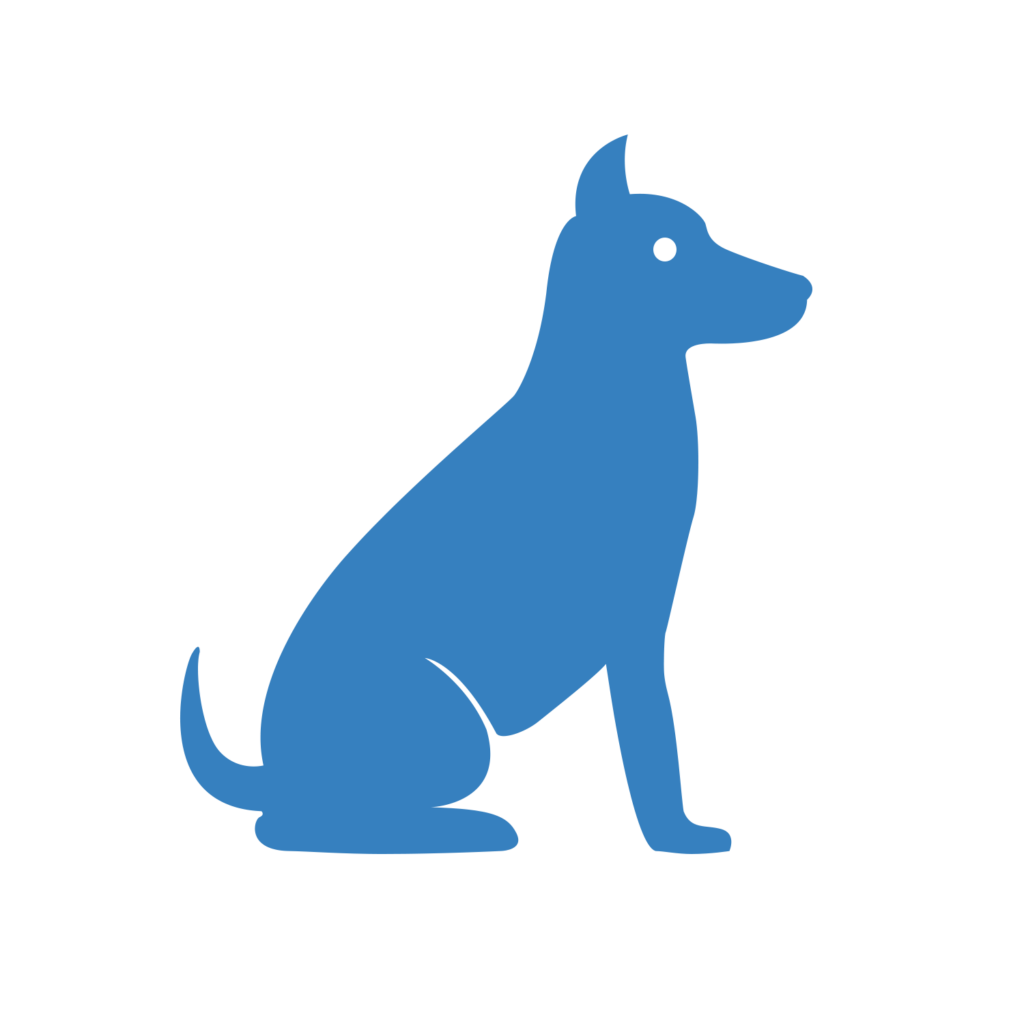

Hereditary Cataracts (Juvenile Type)
Turnaround: 3-5 business daysTurnaround: 7-10 business days
Price: $45.00Price: £40.00
Breeds: Boston Terrier, French Bulldog, Frenchton, Mixed Breed, Pugston, Shorty Bull, Staffordshire Bull Terrier, Unspecified, Unspecified Breed
Description
Juvenile Hereditary Cataracts (JHC) causes a clouding of the eye due to a breakdown of tissue. This condition generally results in an inability to see clearly and can cause total blindness. In canines, cataracts are often familial and can be inherited; this is known as hereditary cataracts.
A mutation in the HSF4 gene (a gene that regulates the protein that binds and protects DNA under high temperatures and stress) causes this type of cataracts in several breeds of dogs. In this case, the dog is typically affected in both eyes. The cataracts associated with HSF4 occur in the back of the lens. They usually start small and grow progressively, though the speed of growth is highly variable. Some cataracts will grow so slowly that the dog's vision remains relatively clear. Others will grow in such a way that the dog will quickly go blind. Corrective surgery is possible, though it is costly and is not always effective.
One HSF4 mutation causes the recessive form of Juvenile Hereditary Cataracts (JHC) in Boston Terriers, Staffordshire Bull Terriers, and French Bulldogs. Because it is a recessive disorder, a dog must have two copies (one from each parent) of this mutation to experience this form of cataracts. This mutation is only responsible for early-onset hereditary cataracts. Early-onset hereditary cataracts typically occur between 12 months and 3 years of age in Staffordshires, and between 2-3 years in Boston Terriers. Boston Terriers can also be afflicted by late-onset hereditary cataracts. However, the HSF4 gene mutation is not responsible for late-onset hereditary cataracts. The causative gene for late-onset hereditary cataracts in Boston Terriers has not been determined at this time.
It should also be noted that not all cataracts are hereditary. Cataracts can also be caused by old age or injury. Also, cataracts can occur in different regions of the lens and are also familial. However, this form of cataracts is not attributed to the HSF4 gene mutation.
Possible Results
| Genotype | Description |
|---|---|
| JHC/JHC | Affected: Dog has two copies of the Juvenile Hereditary Cataracts mutation. Dog is more likely to develop bilateral posterior cataracts and will always pass the mutation to offspring. |
| n/JHC | Carrier: Dog has one copy of the Juvenile Hereditary Cataracts mutuation. Dog will not be affected but may pass the mutation to offspring. |
| n/n | Clear: Dog is negative for the mutation associated with Juvenile Hereditary Cataracts. |
Reference
Mellersh CS, McLaughlin B, Ahonen S, Pettitt L, Lohi H, Barnett KC. Mutation in HSF4 is associated with hereditary cataract in the Australian Shepherd. Vet Ophthalmol. 2009 Nov-Dec; 12(6):372-8. [PubMed: 19883468]
Mellersh CS, Pettitt L, Forman OP, Vaudin M, Barnett KC. Identification of mutations in HSF4 in dogs of three different breeds with hereditary cataracts. Vet Ophthalmol. 2006 Sep-Oct; 9(5):369-78. [PubMed: 16939467]